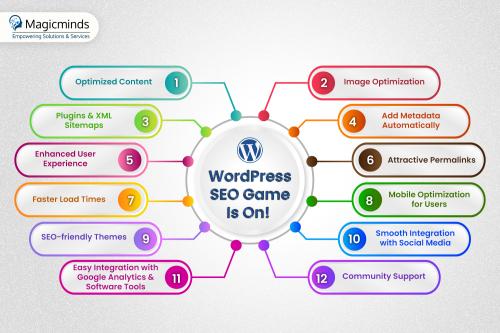Top Skills to Dominate Node.js Development
Node.js has emerged recently as a powerhouse in modern web development, allowing efficient, scalable, and event-driven architecture. Whether you are a seasoned Node.js developer or a wannabe in the Node.js developer job market, there are essential skills needed to remain competitive and deliver solid solutions.
This comprehensive guide focuses on the primary skills that a Node.js developer needs to have under their belt. Let's start!
#1 Asynchronous Programming
Node.js is founded on non-blocking, asynchronous operations. Mastering asynchronous programming is the root of making a responsive application that handles a multitude of tasks at any time without blocking the flow of execution. Key concepts like callbacks, promises, and async/await are crucial for tapping Node.js's full power.
#2 Package Management with npm
npm stands for Node Package Manager and is the world's largest ecosystem of open-source libraries. Every Node.js developer must know a little about npm to effectively manage the installation of packages, their version, and the resolution of dependencies. Knowing how to develop and publish a package means the members of the Node.js community are competent.
#3 Express.js Framework
Express.js remains one of the cornerstones of Node.js development. It offers minimalistic yet powerful functionality to build web applications and APIs. Most importantly, it involves middleware, routing, templating engines, error handling, security practices, and other skills in the art of developing server-side operations, which are critical for backend development.
#4 Database Management
Node.js can easily be integrated with relational and NoSQL databases such as MySQL, PostgreSQL, MongoDB, and Redis. Therefore, developers using Node.js should have advanced skills in database integration, CRUD operations, query optimization, and data modeling. Knowledge of ORMs like Sequelize and Mongoose eases one's interaction with the database.
#5 RESTful API Designing and Development
Designing and implementing RESTful APIs enables the development of interoperability and scalable web services. Every Node.js developer is critically expected to have a deep knowledge of REST principles, HTTP methods, authentication mechanisms, and data serialization (JSON/XML). Frameworks like Express.js empower developers to create and maintain RESTful APIs.
#6 Asynchronous Task Queues
Effective processing of asynchronous tasks and background processes can enhance application performance. Knowledge of task queue systems, such as Bull, Agenda, or RabbitMQ, enables a Node.js application developer to properly structure and perform multiple operations and tasks simultaneously.
#7 Best Security Practices
Node.js applications are susceptible to some major security threats, including injection attacks, XSS, and CSRF. Safety measures in development, like input validation, secure authentication (with JWT), HTTPS, and regular security audits, would ensure the safety of applications and sensitive data.
#8 Testing and Debugging
Ensuring the reliability and functionality of Node.js applications passed through vigorous testing. The developer needs to be knowledgeable in at least one of the testing frameworks, such as Mocha, Jest, or Jasmine, to provide unit testing, integration testing, and end-to-end testing.
In addition, it gives a premium to high debugging skills, combined with tools such as Node.js Inspector or VS Code debugger, to find and resolve any on-the-go issues quickly.
#9 Performance Optimization
Event loops, memory management, caching strategies, and performance profiling tools characterize the optimization of Node.js applications. Techniques such as code optimization, load balancing, and horizontal scaling improve responsiveness due to scalability; they bring out the best performance against any changeable workload.
#10 CI/CD (Continuous Integration/Continuous Deployment)
Create and put into action CI/CD pipelines. These will make things easier by doing most of the building, testing, and deploying activities needed for Node.js applications. Get your app out there in seconds! Knowledge of the CI/CD tools such as Jenkins, Travis CI, or GitHub Actions will smooth all the development workflows, assure code consistency, and deploy quickly into the production environment.







Comments